
The Ascent of Money
A Financial History of the World
Recommendation
Niall Ferguson offers a comprehensive collection of anecdotes and observations about the development of finance. He begins with a brief discussion of pre-money societies. Then, he carries you through the birth of banking in Renaissance Italy, the 18th-century Mississippi and South Sea bubbles, the role of Nathan Mayer Rothschild in the Napoleonic Wars, and the 20th-century transition from the gold standard to free-market derivatives and currency trading. getAbstract finds Ferguson’s book eminently readable, entertaining and informative. One caveat: the author’s approach is more that of a journalist than a historian, so he does not advance much of a comprehensive theory to explain the events he discusses, even the ones that are still occurring, notably, the financial crisis that began in 2008. This tasty financial history thoroughly covers who, what, when, where and how, a feast of facts with not quite enough “why” for dessert.
Summary
About the Author
Niall Ferguson is Laurence A. Tisch professor of history at Harvard University, senior research fellow of Jesus College, Oxford University, and a senior fellow of the Hoover Institution, Stanford University. His books include Paper and Iron, The House of Rothschild, The Pity of War, The Cash Nexus, Empire, Colossus and The War of the World.









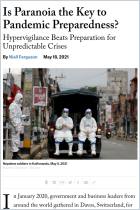
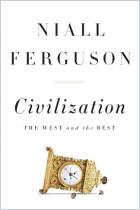
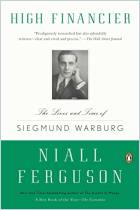
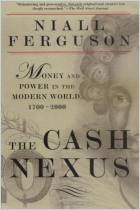
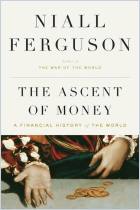
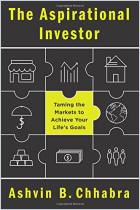
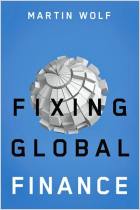
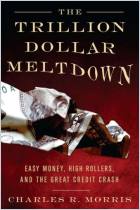
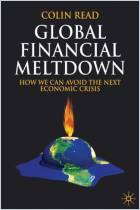




Comment on this summary or Начать обсуждение